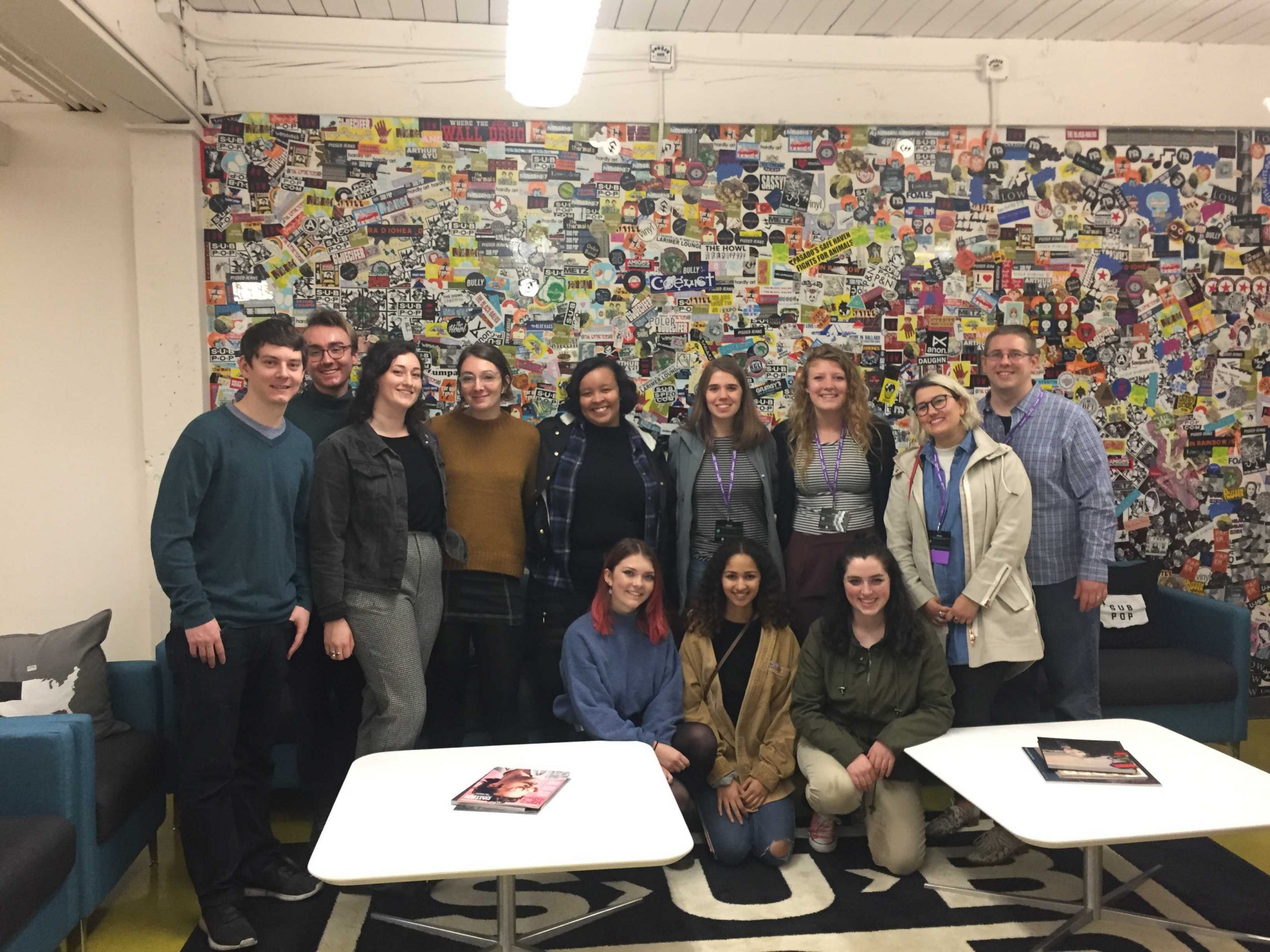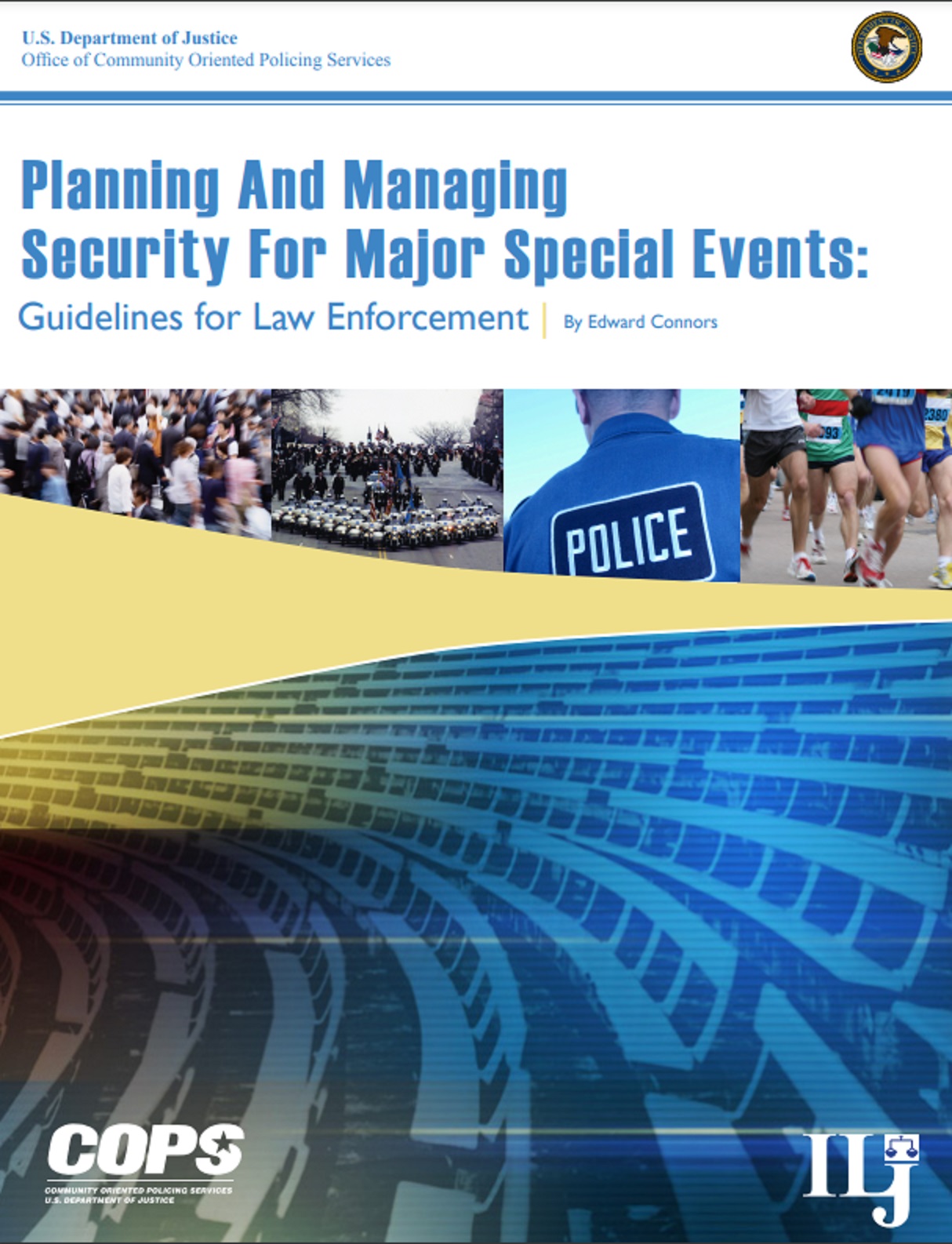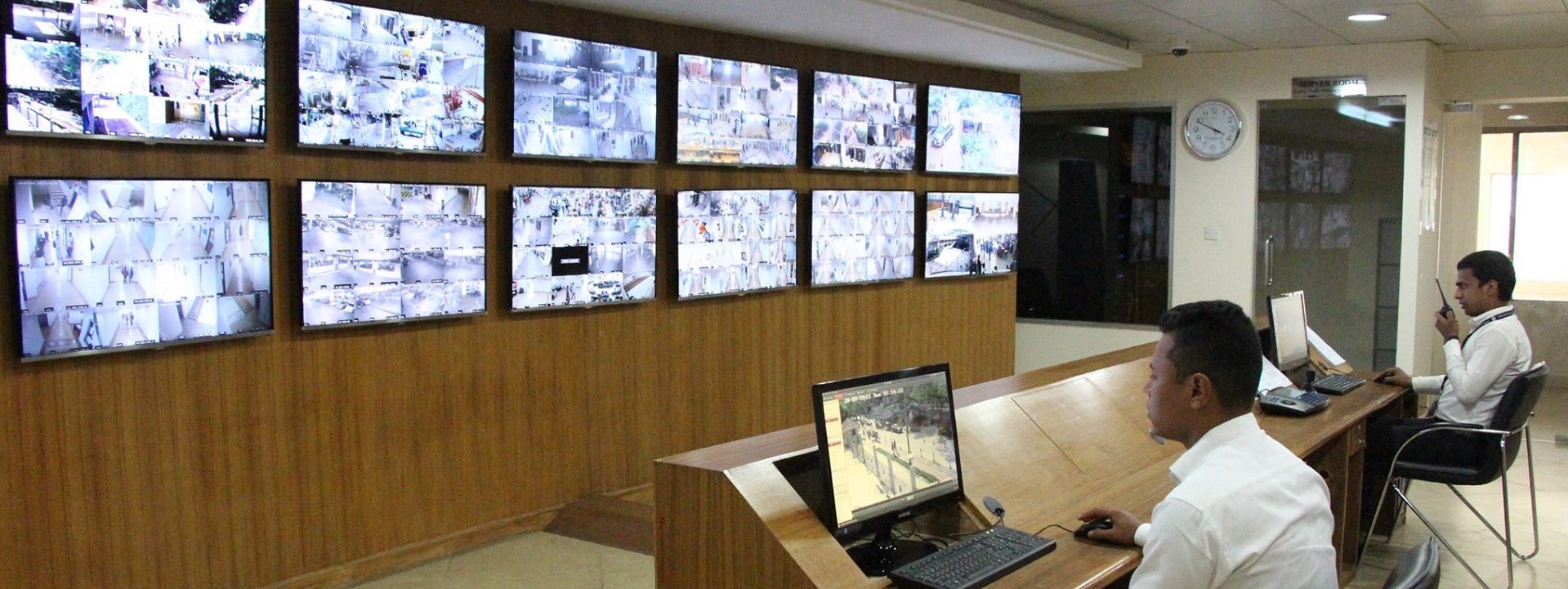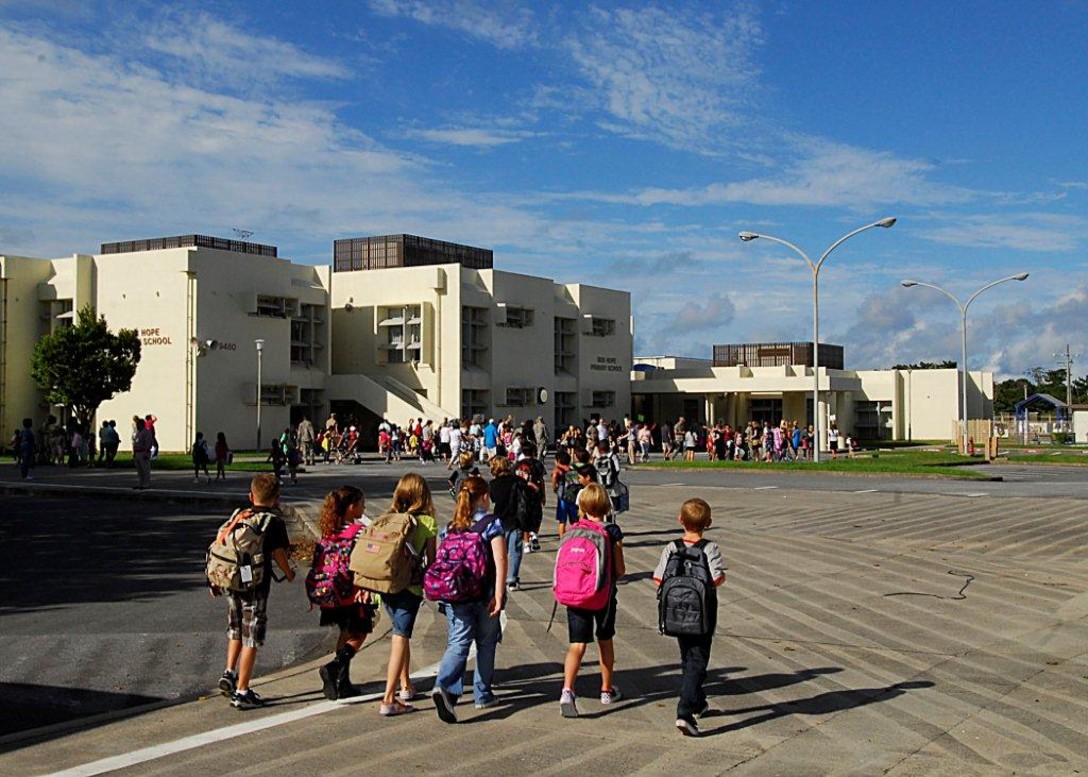‘Howling Huskie’ coffee shop
- Home Page 132

Irish Breakfast
This content is accessible to paid subscribers. To view it please enter your password below or send mike@standardsmichigan.com a request for subscription details.
Maple Nut Latte
Annual 2023 Net Position Statement: $774,788,000 (Page 15)
Ingredients:
2 shots espresso (or ½ cup strong brewed coffee)
1 cup milk (dairy or non-dairy like almond, oat, or cashew)
2 tbsp maple syrup (adjust to taste)
¼ tsp vanilla extract (optional)
¼ tsp nut extract (hazelnut, walnut, or almond)
Whipped cream (optional, for topping)
Chopped nuts or nutmeg (optional garnish)
Instructions:
Brew the espresso and pour it into a large mug.
Heat the milk in a saucepan or microwave, then froth it using a whisk, frother, or blender until foamy.
Mix the maple syrup, vanilla extract, and nut extract into the espresso.
Pour the frothed milk over the espresso mixture.
Top with whipped cream and sprinkle with chopped nuts or nutmeg if desired.
The Maple Nut Latte is likely inspired by Vermont’s famous maple syrup industry. Vermont is the largest producer of pure maple syrup in the U.S., and maple-flavored food and drinks are a big part of the state’s culinary identity.
Historically, Vermont was one of the most Republican states in the country. It consistently voted Republican in presidential elections from the party’s founding in the mid-1800s until 1988. Starting in the 1960s and 1970s, Vermont saw an influx of urban progressives from places like New York and Massachusetts seeking escape from the liberal Democrat hellholes they voted for.
Many were part of the back-to-the-land movement, bringing left-leaning political views. Despite Vermont’s deep-blue status at the federal level, the state still elects moderate Republicans at the state level, such as Governor Phil Scott, who is popular for his bipartisan and pragmatic leadership.
“The Liberals are Coming, and They’re Bringing Fancy Coffee” https://t.co/XykfCFYZgVhttps://t.co/exHU6TR2h9
America is changed by flight from miserable Blue States to better Red States—only to import the policies that created the misery they fled from in the first place. pic.twitter.com/OaVVgrTxJr— Standards Michigan (@StandardsMich) October 31, 2022
Nuper editum
Last mystery reader… Mrs. Weber! We really love the dinosaur book! pic.twitter.com/0JUtouJVfL
— Jessica Hickey (@HickeyKdg) February 28, 2025
Our Year 4 boys have enjoyed making Victorian Portraits this morning as part of our Victorian topic! #HazlegroveYear4 #HazlegrovePrep #HazlegroveHistory pic.twitter.com/AjLrFKpl0z
— Academic Studies | Hazlegrove Prep (@HZG_Academic) March 1, 2025
Gwinnett Environmental & Heritage Center @MVESGainesville pic.twitter.com/7U4wo7X8YB
— Dawn Bishop (@dawn_bishop) February 28, 2025
K-2 Garden Club is off to a beautiful start! We can’t wait to have more fun in the dirt this spring!🌷🌿 ☀️@MVESGainesville @Hall_Schools @h2o3rdgrade @MrsRiley_MVES pic.twitter.com/6JQG2M2jHR
— Rebecca Bowman (@MrsBowman2MVES) February 28, 2025
5th Grade Field Trip to 30 Bowl in Fremont! Mr. Thayer taught the students how to bowl in PE class, and now they get to bowl at a real bowling alley! @YutanChieftains pic.twitter.com/okoEcKmhoO
— Katie Thompson (@mrsthompson05) February 28, 2025
The weekend is calling, but first… take a moment to read, organize, plan, smile and celebrate. pic.twitter.com/KP7u4ZzWVd
— 🍎Teacher Tee of the Library📚📖📒📝 (@TeacherTeeK_3) February 28, 2025
Audio/video, information & communication technology

Performance in the Bolshoi Theatre Theateraufführung im Moskauer Bolschoi-Theater (Chromolithographie)
Even before the pandemic, massive open online curriculum, continued growth of consumer demand for “content” and the expansion of college and universities cultural and entertainment activity, drove our interest in the technologies that make it possible to produce and deliver “content” from facilities that are safe and sustainable.
As covered in our other Lively colloquia there are about 20 accredited standards developers that claim some part of this domain, or expanding their charter to meet the demand for best practice titles. To repeat: “Standards are the seed corn for compliance revenue. They fertilize the land for litigation.” These generally well-meaning organizations only invest in the administration of best practice discovery and promulgation if they see demand for conformance revenue in their future.
Education communities in every nation are also conformance organizations.
Cultural content discovery, creation and delivery depends heavily on electrotechnology.
The parent committee of the highest level of electrotechnology standardization in this domain world is International Electrotechnical Commission Technical Committee TC 108: Safety of electronic equipment within the field of audio/video, information technology and communication technology. Safety first. A committee with a similar sounding title, but a different scope is IEC TC 100 Audio, video and multimedia systems and equipment — the subject of a separate post*.
To paraphrase the IEC TC 108 Committee Scope Statement:
Horizontal safety function: Methods of measuring touch current and protective conductor current. This includes, for various types of equipment, methods of measurement of touch current with regard to physiological effects and of protective conductor current for installation purposes. The methods of measurement consider both normal conditions and certain fault conditions. Safety of equipment electrically connected to a telecommunication network
Group safety function:Audio, video and similar electronic apparatus – Safety requirements Audio/video, information and communication technology equipment and safety of remote power feeding.
According to its Strategic Business Plan, the need for standardization in this technology shows up in unexpected places such as 3-dimensional printing and wearable smart devices; both of which are of interest to faculty, students and the staff that supports the physical infrastructure.
The home page for the IEC public commenting facility is linked below:
We generally refer action in global electrotechnology standards to any one of several IEEE Societies and collaborate with the IEEE Education & Healthcare Facilities Committee (IEEE E&H). We also track and participate in the standards action of several trade associations that service some part of this space; all of whom are sensitive to the international electrotechnology standards action. Colleges and universities with federally funded facilities may need to be attentive to Trade Agreement Act matters when acquiring equipment of this nature.
As of this posting there are no Committee Draft Vote (CDV) documents released by TC 108 seeking public comment but we include it in our periodic scan of best practice literature. We generally refer to the tracking facility available with the IEEE E&H hosted on a University of Michigan server for educational purposes. IEEE E&H meets 4 times monthly European and American time zones.
We always encourage subject matter experts with front line experience planning, designing building, operating and maintaining these growing and complicated spaces. We recommend US-based experts contact Tony Zertuche, Director, International Policy and General Secretary, USNC/IEC (tzertuche@ansi.org).
United States National Committee of the International Electrotechnical Commission (USNC/IEC)
We renew our understanding of electrotechnology standards for Lively Arts at least once a month. See our CALENDAR. The IEEE Education & Healthcare Facilities Committee meets online every other Tuesday in both Central European time American time zones. Its meeting dates and login credentials are available on its home page.
Issue: [Various]
Category: Electrical, Infotech, Global, Lively Arts
Colleagues: Mike Anthony, Jim Harvey, Giuseppe Parise




* Related work runs through ISO Technical Committee 36 .
Snow Load
SNOW LOADS: GUIDE TO THE SNOW LOAD PROVISIONS OF ASCE 7-10
Library of Congress 2010 Edition
A tool for removing the snow from a roofpic.twitter.com/bYyVMrJZKD
— Massimo (@Rainmaker1973) January 27, 2025
Solar Panels on Roofs Only
This content is accessible to paid subscribers. To view it please enter your password below or send mike@standardsmichigan.com a request for subscription details.
Security 200
09-1185 – Pena et al v. Cid | Casetext PENA v. CID
“We worry about what a child will become tomorrow,
yet we forget that he is someone today.”
– Stacia Tauscher
Today we run a status check on the stream of technical and management standards evolving to assure the highest possible level of security in education communities. The literature expands significantly from an assortment of national standards-setting bodies, trade associations, ad hoc consortia and open source standards developers. CLICK HERE for a sample of our work in this domain.
School security is big business in the United States. According to a report by Markets and Markets, the global school and campus security market size was valued at USD 14.0 billion in 2019 and is projected to reach USD 21.7 billion by 2025, at a combined annual growth rate of 7.2% during the forecast period.
Another report by Research And Markets estimates that the US school security market will grow at a compound annual growth rate of around 8% between 2020 and 2025, driven by factors such as increasing incidents of school violence, rising demand for access control and surveillance systems, and increasing government funding for school safety initiatives.
Because the pace of the combined annual growth rate of the school and campus security market is greater than the growth rate of the education “industry” itself, we’ve necessarily had to break down our approach to this topic into modules:
Security 100. A survey of all the technical and management codes and standards for all educational settings — day care, K-12, higher education and university affiliated healthcare occupancies.
Security 200. Queries into the most recent public consultations on the components and interoperability* of supporting technologies
Video surveillance: indoor and outdoor cameras, cameras with night vision and motion detection capabilities and cameras that can be integrated with other security systems for enhanced monitoring and control.
Access control: doors, remote locking, privacy and considerations for persons with disabilities.
Panic alarms: These devices allow staff and students to quickly and discreetly alert authorities in case of an emergency.
Metal detectors: These devices scan for weapons and other prohibited items as people enter the school.
Mass notification systems: These systems allow school administrators to quickly send emergency alerts and notifications to students, staff, and parents.
Intrusion detection systems: These systems use sensors to detect unauthorized entry and trigger an alarm.
GPS tracking systems: These systems allow school officials to monitor the location of school buses and track the movements of students during field trips and other off-campus activities.
Security 300. Regulatory and management codes and standards; a great deal of which are self-referencing.
Security 400. Advanced Topics.
As always, we reckon first cost and long-term maintenance cost, including software maintenance for the information and communication technologies (i.e. anything with wires) installed in the United States. Cybersecurity is outside our wheelhouse and beyond our expertise. In order to do any of the foregoing reasonably well, we have to leave cybersecurity standards to others.
When your students love the school security guard- he gets flowers! Thanks, Steve! You are the BEST and we appreciate your hard work keeping us safe and building relationships! pic.twitter.com/VCJQ6y9S44
— Casey Otten (@casey_otten) May 26, 2023
Education Community Safety catalog is one of the fast-growing catalogs of best practice literature. In developing district security plans, K-12 school leaders stress that school safety is a cross-functional responsibility and every individual’s participation drives the success of overall safety protocols. We link a small sample below and update ahead of every Security colloquium.
Artificial Intelligence Tries (and Fails) to Detect Weapons in School
Could AI be the future of preventing school shootings?
Executive Order 13929 of June 16, 2020 Safe Policing for Safe Communities
National Center for Education Statistics: School Safety and Security Measures
International Code Council
2021 International Building Code
Section 1010.1.9.4 Locks and latches
Section 1010.2.13 Delayed egress.
Section 1010.2.14 Controlled egress doors in Groups I-1 and I-2.
Free Access: NFPA 72 National Fire Alarm and Signaling Code
Free Access: NFPA 731 Standard for the Installation of Premises Security Systems
IEEE: Design and Implementation of Campus Security System Based on Internet of Things
APCO/NENA 2.105 Emergency Incident Data Document
C-TECC Tactical Emergency Casualty Care Guidelines
Department of Transportation Emergency Response Guidebook 2016
NENA-STA-004.1-2014 Next Generation United States Civic Location Data Exchange Format
Example Emergency Management and Disaster Preparedness Plan (Tougaloo College, Jackson, Mississippi)
Partner Alliance for Safer Schools
Federal Bureau of Investigation Academia Program
Most Dangerous Universities in America
Federal Bureau of Investigation: Uniform Crime Reporting Program
* Interoperability refers to the ability of different technologies or systems to communicate and work together seamlessly. In the context of school security technologies, interoperability can help improve the effectiveness of security systems and make it easier for school personnel to manage and respond to potential security threats. Here’s what we look for:
- Standardization: By standardizing communication protocols and data formats, school security technologies can be made more compatible with each other, making it easier for different systems to communicate and share information.
- Integration: School security technologies can be integrated with each other to provide a more comprehensive security solution. For example, access control systems can be integrated with video surveillance systems to automatically trigger alerts when an unauthorized person enters a restricted area.
- Open Architecture: Open architecture solutions enable different security systems to be connected and communicate with each other regardless of their manufacturer or supplier. This approach makes it easier to integrate different technologies and avoid vendor lock-in.
- Cloud-based Solutions: Cloud-based security solutions can enable interoperability by providing a centralized platform for managing and monitoring different security systems. This approach can also simplify the deployment of security technologies across multiple locations.
- Collaboration: School security technology providers can work together to develop interoperability standards and best practices that can be adopted across the industry. Collaboration can help drive innovation and improve the effectiveness of security systems.
New update alert! The 2022 update to the Trademark Assignment Dataset is now available online. Find 1.29 million trademark assignments, involving 2.28 million unique trademark properties issued by the USPTO between March 1952 and January 2023: https://t.co/njrDAbSpwB pic.twitter.com/GkAXrHoQ9T
— USPTO (@uspto) July 13, 2023
Standards Michigan Group, LLC
2723 South State Street | Suite 150
Ann Arbor, MI 48104 USA
888-746-3670






























